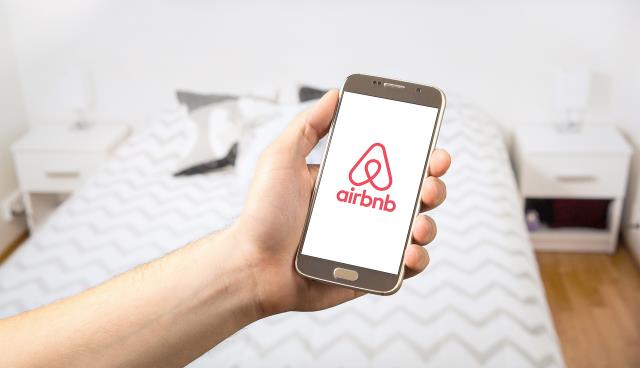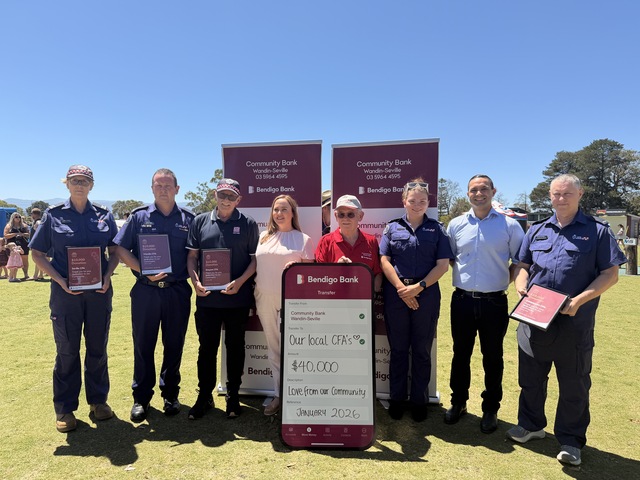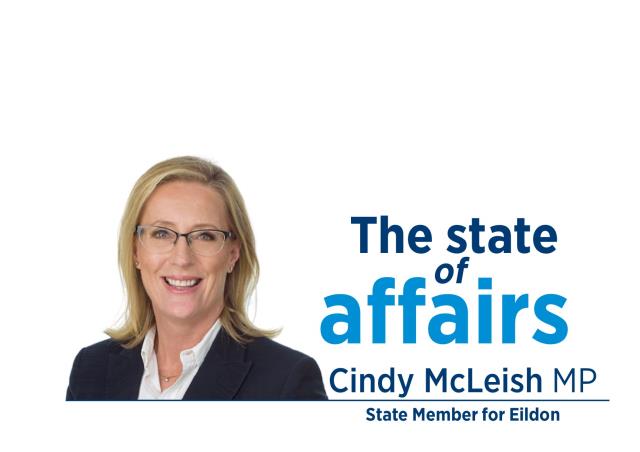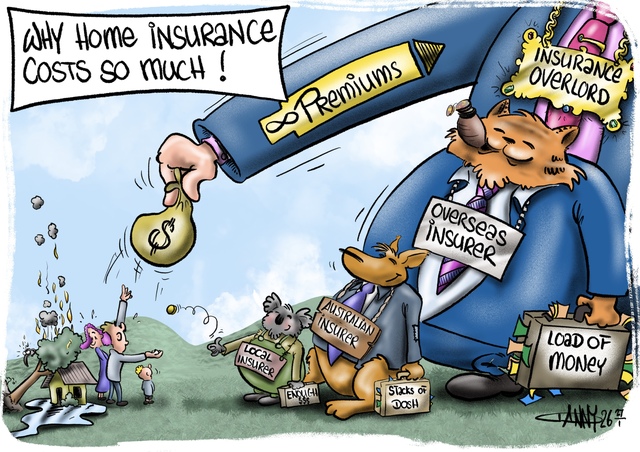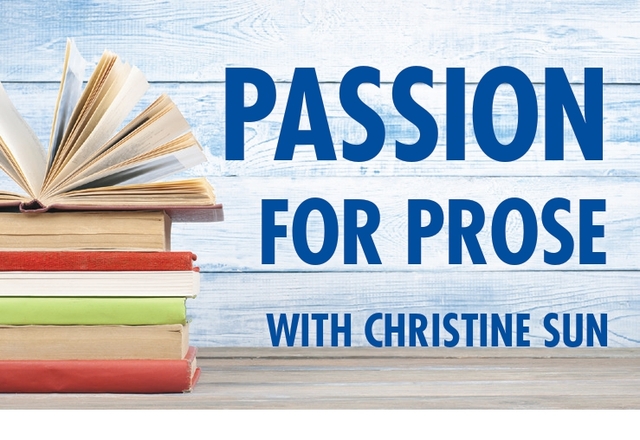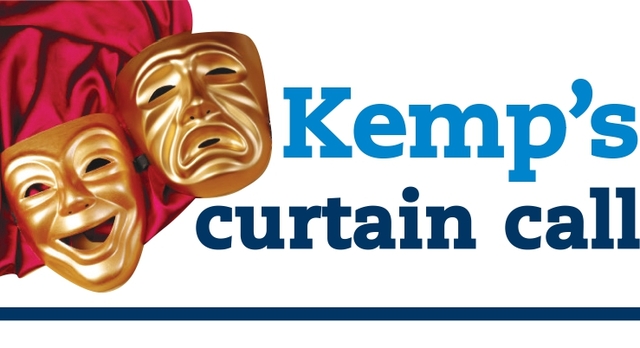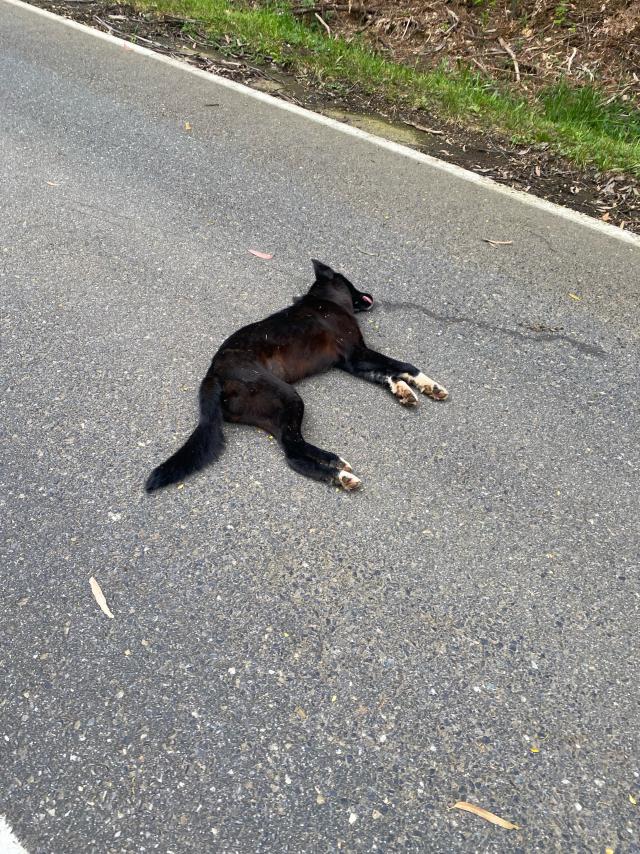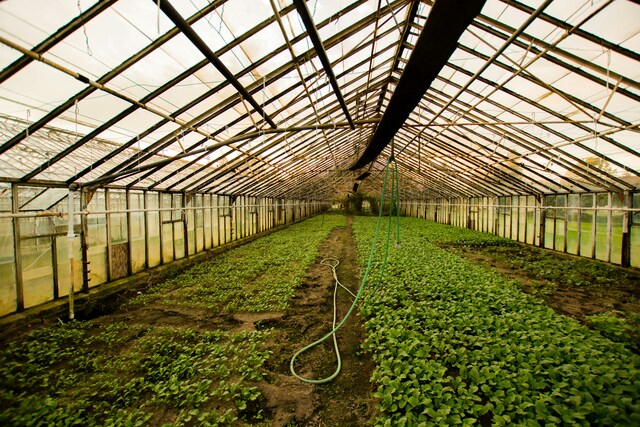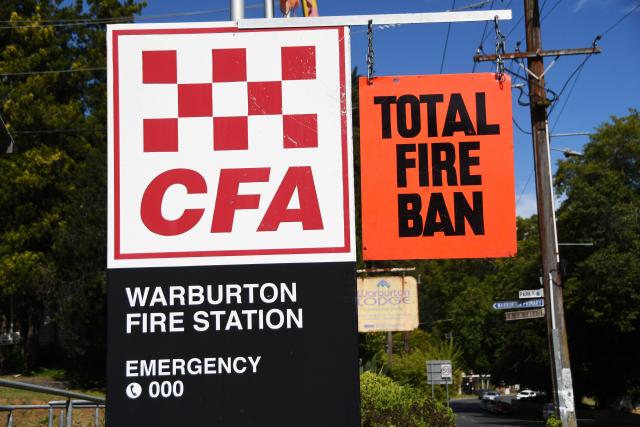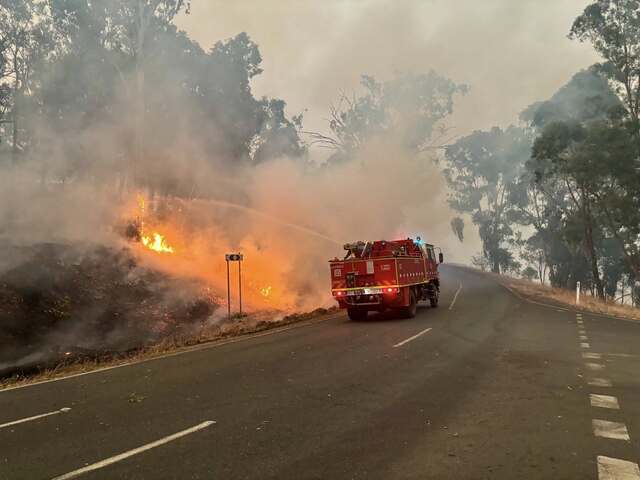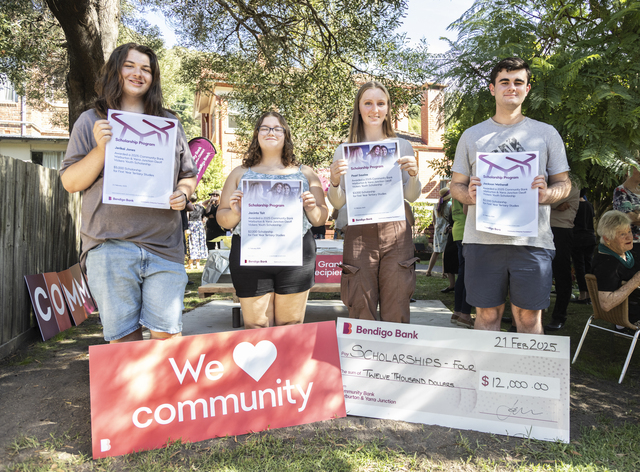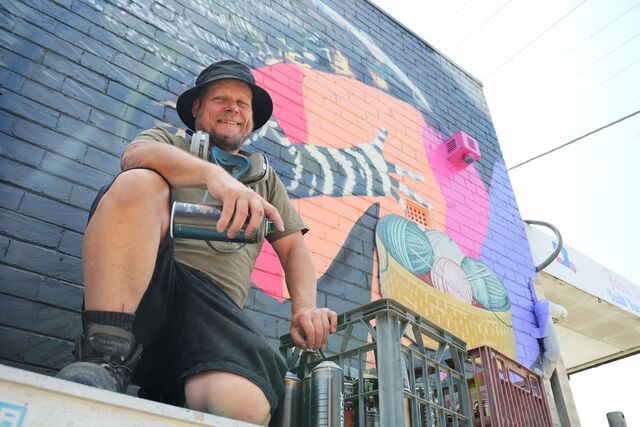A new report from the Grounded Community Land Trust (CLT) advocacy group has identified Warburton as a community that has been hit hard by the rise of short-term rentals.
The author of the ‘Airbnb: from a housing problem to solution’ report is the founder and Director of Grounded Karl Fitzgerald.
Mr Fitzgerald said the main finding of the report was that STRs had grown quicker than the total housing supply.
“In Warburton, according to the Census and due to the risk of fire, the ability to create new supply is severely curtailed and the Census showed that only one new home had been built each year over a decade,” he said.
“There’s barely any new supply, but here is Airbnb growing at a rapid rate of knots and in Warburton, it was about comparing Airbnb’s and short-term rentals to the supply of long-term rentals and there was a 125 per cent growth in short-term rentals compared to long-term rentals and the growth has basically come out of nowhere over the last decade.”
The report investigated Hepburn Shire, Mornington Peninsula, Byron Bay, Fremantle, Victor Harbor, Hobart, Noosa Heads, Coolum Beach, Port Douglas, the Whitsundays, Warburton and Apollo Bay, utilising data from the 2021 Census and AirDNA, an analytics platform which tracks performance and market data from short-term rental sites like Airbnb.
Mr Fitzgerald proposes a ‘Cap ‘n Trade’ system for short-term rentals that prioritise the needs of locals and which he said he’s been developing it for the last three or four years.
“The pressures are just so great I had to spend time to work out what the differential is in rents between short-term and long-term rentals and when I did that and saw that in places like Hepburn, they were earning 150 per cent more in short-term rentals than long-term rentals, over to Warburton and it’s 73 per cent more and the most extreme example was in the Whitsunday Islands where short-term rental operators earn 237 per cent more than what you can in the long-term rental market,” he said.
“It hit me, if there are those returns coming through, what has been the impact on supply, and when I looked at that, that was the moment I thought I just had to get this out there.”
Mitigating factors taken into account in the report include utilising active listing over total listings (25 per cent reduction) to offset traditional bed and breakfast operators, discounting another 5 per cent off active listings to account for glamping and non-permanent accommodation, taking off 35 per cent of revenue for operating costs of both short and long-term rentals, upscaling census supply figures up to mid-2024 using 10-year dwelling totals, not accounting for tax advantages and utilising the often lower listings figures on AirDNA rather than Airbnb eg: Airbnb listed 708 listings in Warburton, AirDNA counted 136.
The data on Warburton in the report finds that there are 136 active STRs, 125.5 per cent more than the number of long-term rentals (about 101-102) with a 43 per cent occupancy rate and which 93 per cent are whole home listings (rather than a room). Warburton was an outlier even amongst others studied regarding the percentage of new supply, with the average of only one new home per annum and the influx of STRs meaning they account for 970.4 per cent of the new housing supply in the town and a 550 per cent decrease in the total rental supply as a percentage of total supply.
Mr Fitzgerald said a cap is required because these returns are so extensive.
“This trend is only going to continue unless we do something about it so it’s time for the government to say enough’s enough, let’s cap this and create a licensing system for Airbnb, Stayz and short-term rentals and let’s reduce the number of Airbnb’s slowly over time,” he said.
“By doing that the value of that license will increase and those marginal operators who perhaps are only leasing out their Airbnb a handful of times a year will recognise that they probably should put this on the market back into the traditional housing market whether that’s for buyers or renters,”
“It makes an important difference and when we look at what’s happening in various communities, there’s a lot of inactive listings, there’s 183 listings [in Warburton] according to AirDNA but only 138 active listings so if we could get 40 to 45 of those listings back on the market within a year that would be a huge help to anyone living in a caravan or sleeping on couches.”
The STRs in Warburton were estimated to bring in a $42,200 gross median rent and a net median rent of $27,430 while LTRs only had a net median rent of $15,886, making for an $11,544 difference.
Through the ‘Cap N’ Trade’ system, Grounded proposes that a licensing fee of $5772 for STRs in Warburton could bring in $784,126 to Yarra Ranges Council, which could be directed to put the revenue towards affordable housing initiatives like CLTs that Grounded advocates for. CLTs are where the land of a residential property is owned by a ‘community-based, not-for-profit legal entity’ and the actual building is owned or leased long-term by the household, more commonly used to make housing more affordable in the USA and UK.
Warburton was identified as the community that could most benefit from a Cap N’ Trade system of those studied by Grounded in the report.
Airbnb’s Head of Public Policy for Australia and New Zealand Michael Crosby said Airbnb has long advocated for evidence-based regulation of the short-term rental sector and works proactively with state and territory governments.
“This report is deeply flawed – it’s not based on facts and uses unreliable data showing limited understanding of the short-term rental market,” he said.
“Something needs to be done about housing – more homes need to be built – and a small levy between 3-5 per cent, paid for by the guest, that funds affordable housing is a way to address the issue.”
Airbnb proposed in 2022 that mandatory, industry-wide statewide registration systems be implemented (which has happened in New South Wales and Tasmania), opt-in tourism levies be introduced that are paid by tourists, state and territory Codes of Conduct be created for the industry and eviction protections for long-term renters were reviewed.
33,000 homes in New South Wales are non-hosted STRs through platforms like Airbnb and Stayz. New South Wales is currently nearing the end of a six-month Short-Term Rental Review and will consider policies such as vacant housing taxes, levies and STRs caps (on top of popular tourism areas having maximum non-hosted STR days limits per year).
Mr Crosby said there is no evidence of caps or bans working.
“This report ignores the important economic benefits provided by short-term rentals, with Airbnb contributing nearly $14 billion to the Australian economy and helping support nearly 100,000 jobs,” he said.
“We want to partner with governments to support policies that protect housing and preserve the economic activity that home sharing generates, which is why we launched City Portal, an industry-first tool to help local governments better understand the Airbnb landscape and tourism trends in their community.”
City Portal data is only accessible to governments and tourism organisations that apply for access and the Airbnb economic impact data came from a report by Oxford Economics commissioned by Airbnb themselves.

